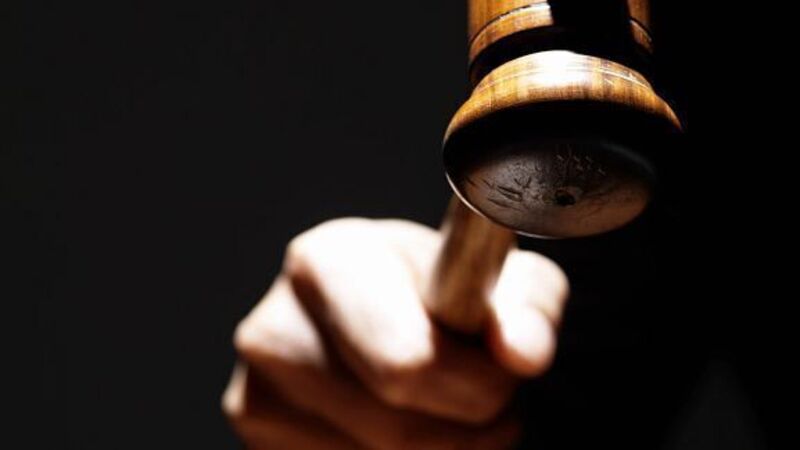London court may decide on €2.8bn Kiev default in bonds

Ukrainian President Petro Poroshenko followed through on months of threats on Friday by reneging on the debt sold by his predecessor to Russian President Vladimir Putin in December 2013, two months before Viktor Yanukovych was toppled and the former Soviet republics went from allies to adversaries.
The bond has since become a focal point of the deteriorating ties.
















